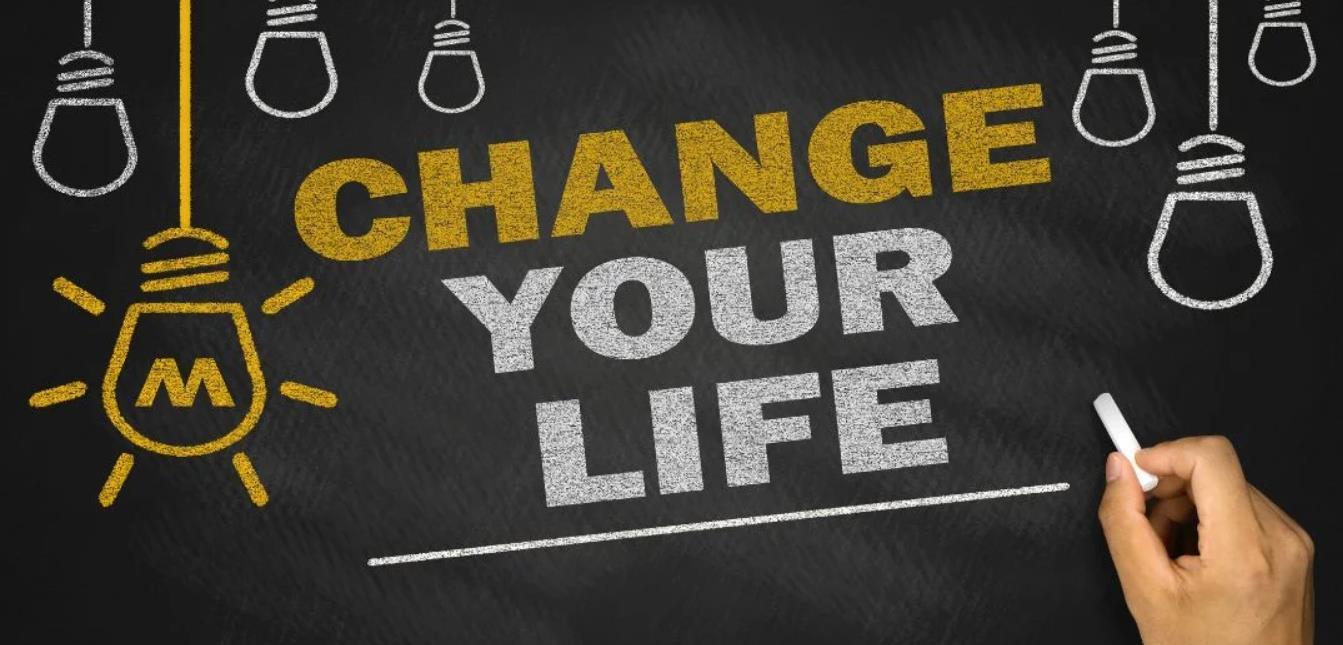Rebuilding Your Life: Aftercare Services Provide Addiction Rehab in New Jersey

In this blog post, we will explore the various aftercare service
s that are available for individuals who have completed addict

The addiction recovery process is ongoing and requires effort and dedication from individuals trying to overcome their addiction. Once the initial treatment is complete, it’s important to continue receiving support and guidance to maintain sobriety and avoid relapse. Aftercare services offered by addiction treatment facilities have an essential role. Various aftercare services are available for individuals who have completed addiction rehab in New Jersey, and how they can help rebuild a fulfilling and healthy life.
Addiction recovery is a process that is ongoing and requires a lifetime commitment. After completing a treatment program, individuals struggling with addiction must continue working on their recovery daily. Aftercare services provided by addiction rehab in New Jersey are essential to recovery. These services are designed to support individuals as they transition into their daily lives, help prevent relapse, and promote long-term sobriety.
Here’s A Closer Look At The Aftercare Services Offered By Addiction Rehab In New Jersey: Sober Living Homes
Sober living homes are substance-free, supportive, and safe living environments for individuals in recovery. These sober houses provide a drug and alcohol-free living space where individuals can focus on their recovery and receive support from others in similar
situations. Sober living homes offer a level of accountability and structure that can be beneficial in maintaining sobriety.
Sober living homes are residential facilities designed for clients who have completed an addiction treatment program and are recovering from drug or alcohol addiction. These homes provide a structured, supportive environment for individuals transitioning from addiction treatment to independent living. Sober living homes typically have rules and regulations, such as curfews, mandatory attendance at support group meetings, and drug and alcohol testing. Sober living homes are a great option to step down from residential treatment.
Outpatient Services
Outpatient services offer continued support for individuals in recovery who have completed a treatment program. These services can include individual and group therapy sessions and support groups. Outpatient services allow individuals to continue working on their recovery while still being able to attend work or school. Another appeal to outpatient treatment services is that you can reside in the comfort of your own home while receiving similar structured recovery support through your outpatient program.
Medical appointments, therapy sessions, support groups, and other forms of treatment are among the outpatient services that can aid individuals in overcoming addiction. These services are typically more flexible and less intensive than inpatient or residential programs, making them a popular option for individuals who have completed a more intensive treatment program and are reintegrating into their regular routines.
12-Step Programs
Supportive communities are provided by 12-Step programs, including Alcoholics Anonymous (AA) and Narcotics Anonymous (NA), to individuals in recovery. These programs offer a structured approach to recovery and provide individuals with a sense of belonging and accountability. Ongoing support is emphasized in 12-Step programs, which equip individuals with tools and principles to help them maintain sobriety. Many of these programs include prayer and meditation. 12-step focused programs are also a great way to meet others in recovery and practice these principles simultaneously. These programs can carry the message to alcoholics of the role that alcohol has in our lives and enable individuals to remove their shortcomings to focus on their recovery.
Individual Counseling
Individual counseling provides individuals in recovery with one-on-one support from a licensed therapist or counselor. These sessions can help individuals overcome challenges or issues during their recovery journey. Individual counseling can also provide a safe space to express emotions and feelings. Through individual counseling, individuals can also take a personal inventory of what is working with their aftercare plan and areas they need to improve.
